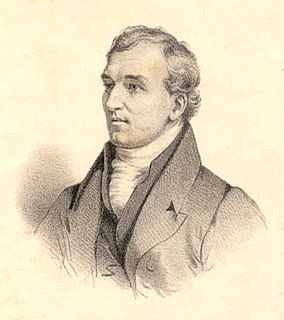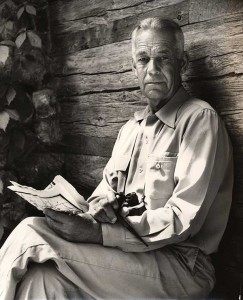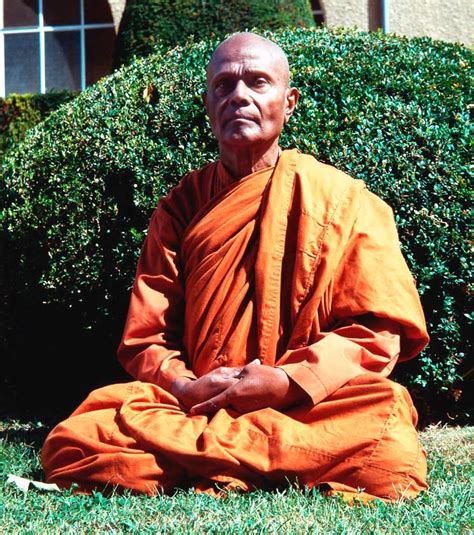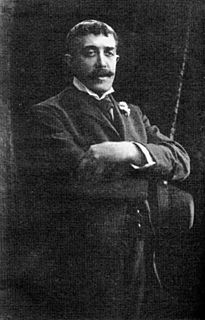A Quote by Edward Abbey
Somewhere in the depths of solitude, beyond wilderness and freedom, lay the trap of madness.
Related Quotes
We can have wilderness without freedom; we can have wilderness without human life at all, but we cannot have freedom without wilderness, we cannot have freedom without leagues of open space beyond the cities, where boys and girls, men and women, can live at least part of their lives under no control but their own desires and abilities, free from any and all direct administration by their fellow men.
Wilderness appealed to those bored or disgusted with man and his works. It not only offered an escape from society but also was an ideal stage for the Romantic individual to exercise the cult that he frequently made of his own soul. The solitude and total freedom of the wilderness created a perfect setting for either melancholy or exultation.
Choice is bondage, choicelessness freedom. The moment you choose something, you have fallen in the trap of the world. If you can resist the temptation to choose, if you can remain choicelessly aware, the trap disappears on its own accord, because when you don`t choose you don`t help the trap to be there - the trap is also created by your choice.
If I lived in China or even Russia, or any totalitarian country, Maybe I could understand some of these illegal injunctions. ... But somewhere I read of the freedom of assembly. Somewhere I read of the freedom of speech. Somewhere I read of the freedom of the press. Somewhere I read that the greatness of America is the right to protest for right.
Wilderness can be appreciated only by contrast, and solitude understood only when we have been without it. We cannot separate ourselves from society, comradeship, sharing and love. Unless we can contribute something from wilderness experience, derive some solace or peace to share with others, then the real purpose is defeated.
Buddhism advises you not to implant feelings that you don’t really have or avoid feelings that you do have. If you are miserable you are miserable; that is the reality, that is what is happening, so confront that. Look it square in the eye without flinching. When you are having a bad time, examine that experience, observe it mindfully, study the phenomenon and learn its mechanics. The way out of a trap is to study the trap itself, learn how it is built. You do this by taking the thing apart piece by piece. The trap can’t trap you if it has been taken to pieces. The result is freedom.
The madness of the eyes is the lure of the abyss. Sirens lurk in the dark depths of the pupils as they lurk at the bottom of the sea, that I know for sure - but I have never encountered them, and I am searching still for the profound and plaintive gazes in whose depths I might be able, like Hamlet redeemed, to drown the Ophelia of my desire.


































